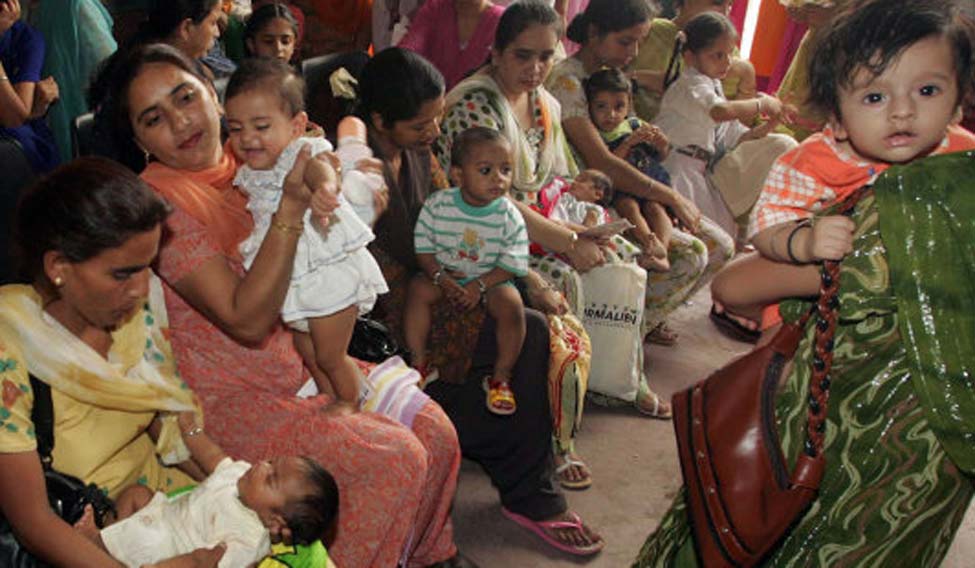Nearly one in every three deaths in Mumbai due to diarrhea during 2016-17 were mainly of children below 4-years-old, according to a report released by Praja Foundation. In fact, in the span of one year itself, 1,00,643 cases of diarrhea were reported, out of which 225 patients succumbed to the disease. During 2015-16, 177 patients had died due to diarrhea, which proves the condition is steadily affecting more citizens.
However, the highest number of deaths due to diarrhea was 260 patients each in 2013-14 and then in 2014-15, who were also mainly below 4-years-old. Other than diarrhea, tuberculosis was another major cause of concern as nearly 18 people are estimated to die from the air-borne disease every single day in the city.
Despite the rise in the number of TB cases from 36,417 in 2012-13 to 50,001 in the last one year itself, there was a dramatic drop in the enrolment of the government programme, DOTS. The data revealed in the whitepaper of Praja Foundation said the number dropped by almost half as only 15,767 patients had enrolled in 2016 as compared to 30,828 in 2012.
To make matters even more bleak for the healthcare system in Mumbai, Milin Mhaske, project director of Praja Foundation said, “Municipal councilors asked only 45 questions in the last five years on TB as compared to 68 questions on naming and renaming of hospitals and health centers during the same period.”
Along with TB, dengue continues to haunt Mumbai as it has been reported that the cases have increased by a staggering 265 per cent in the last five years from 4,867 cases in 2012-13 to 17,771 cases in the last one year. Other than this, 148 people succumbed to the vector borne disease between 2016-17. Between 2015-16, there were 147 deaths due to dengue.
The only good news from the finding of the report is that the number of malaria cases in Mumbai has reduced by 47 per cent in the last five years due to the Fight the Bite campaign launched by the Brihanmumbai Municipal Corporation (BMC). Despite this, the richest civic body in the country still has a long way to go before achieving its goal of completely eradicating malaria by 2030.
Shivali Bagayatkar, project officer at Praja Foundation said, “The BMC needs to step out of denial mode and tackle the ongoing health crisis head on. The same goes for other governmental authorities, who need to step up and ensure a healthier city.”





